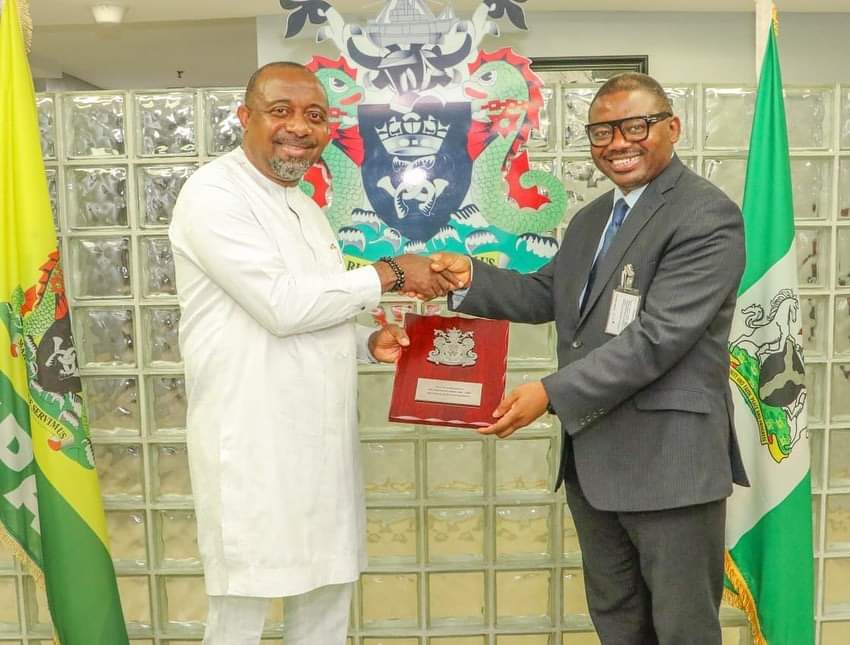Business
FG Frowns At Illegal Budgets

More facts have emerged on the committees of the National Assembly accused of illegally passing budgets for ministries, departments and agencies of the Federal Government without the knowledge of the parliament’s leadership and the President.
Documents available to newsmen, have shown that the MDAs committees have allegedly passed their budgets for seven years without due process.
The committees that have spent funds based on illegal budgets, according to a letter from the Budget Office of the Federation to the House of Representatives, include: the Nigeria Maritime Administration and Safety Agency (NMASA), Nigerian Shippers Council (NSC), Nigerian Ports Authority (NPA), Federal Airport Authority of Nigeria (FAAN), and the Nigerian Civil Aviation Authority (NCAA).
The President is expected to transmit budgetary proposals of MDAs to the National Assembly, while the clerk transmits passed budgets to the presidency for implementation.
However, President Mohammadu Buhari, while laying the 2023 Appropriation Bill before a joint session of the National Assembly on October 7, 2022, slammed committees of the parliament that were bypassing him and approving budgets for Government-Owned Enterprises without his approval.
The President said, “Distinguished Senators, Honourable Members, you may recall that we earlier integrated the budget of Government-Owned Enterprises into the FGN’s 2019 budget submission. This has helped to enhance the comprehensiveness and transparency of the FGN budget.
“It has, however, come to my attention that Government-Owned Enterprises liaise directly with relevant NASS committees to have their budget passed and issued to them directly.
“I would like to implore the leadership of the National Assembly to ensure that the budget I lay here today, which includes those of the GOEs, be returned to the Presidency when passed.
“The current practice where some committees of the National Assembly purport to pass budgets for GOEs, which are at variance with the budgets sanctioned by me, and communicate such directly to the MDAs, is against the rules and needs to stop.”
Chairman of the House Committee on Public Accounts, Oluwole Oke, had later in an interview with journalists confirmed the development.
He said the committee, after making the discovery, wrote to the Secretary to the Government of the Federation, Boss Mustapha, and the Clerk to the National Assembly, Amos Ojo, to confirm if Buhari actually transmitted the MDAs’ budgets to the parliament or not.
“Before Mr President made that submission, we had written the Secretary to the Government of the Federation, and the Clerk to the National Assembly to show us proof that these agencies’ budgets passed through the normal legislative processes. The Public Accounts Committee (of the House) raised the alarm,” Oke noted.

